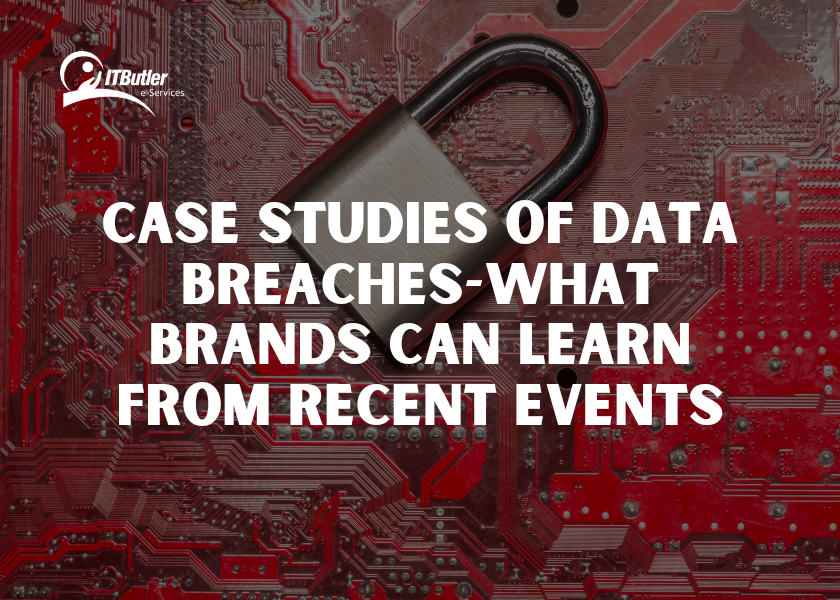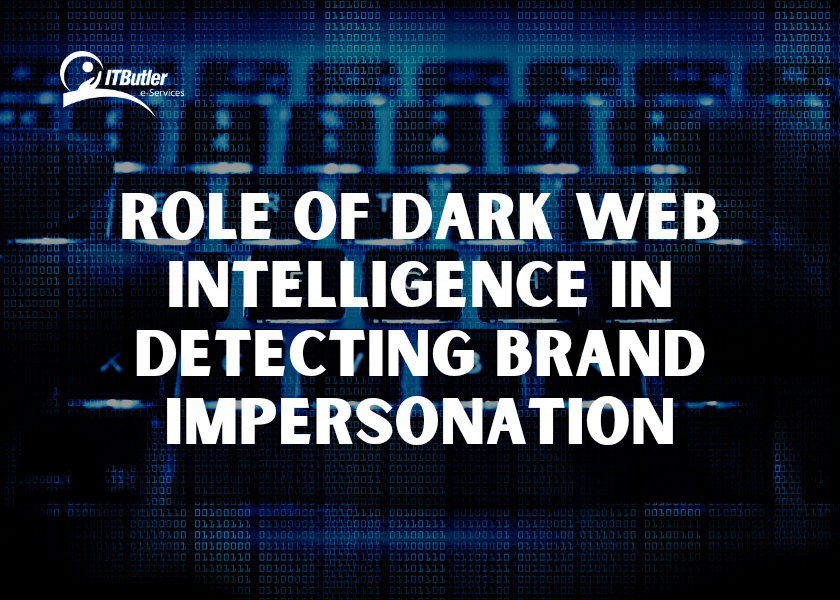Today, the entire world is but a click away, and even one wrong click can bring chaos. So data breaches have become that uninvited guest that not even the greatest brands wish to welcome. As it swoops, it steals important information and leaves organizations at the breaking point. Let’s discuss some real-world data breach case studies and lessons or tips brands can learn to face cyber chaos.
Data Breach Case Studies
1. Facebook Breach
Facebook disclosed a breach in 2019 that exposed 530 million users’ data. Imagine half a billion people shouting, “Hey, that’s my email!” However, the exposed data included phone numbers, full names, and birth dates—everything a scammer needs to access your inbox.
Lesson Learned
Even the big giant tech hubs are not untouchable. So with Facebook, it served as a wake-up call to brands to pay attention to data encryption and user privacy. As if your customers trust you with their data, consider it a treasure chest.
Takeaway Tip
Implement two-factor authentication. It adds an extra step, but essentially, it’s like locking the front and back doors.
3. Marriott Hotels Breach
Marriott learned the hard way that hackers need not make a reservation to cause trouble. It reported a breach that affected 500 million guests in 2018. However, data included passport numbers, credit card details, and personal addresses. It’s like giving hackers a VIP pass to people’s lives!
Lesson Learned
Audit your systems regularly, particularly after any mergers. As Marriott learned the hard way about this by acquiring Starwood Hotels, cybersecurity diligence cannot take a vacation.
Takeaway Tip
Keep your software up to date. Moreover, your system is outdated and blankly states “Welcome Hackers” on your site.
3. Target Breach
In 2013, Target became a target. Hackers stole 40 million credit and debit card records by infiltrating their payment system. Thus, this breach cost Target over $200 million in settlements and damaged its brand reputation quicker than any bad review.
Lesson Learned
Hackers often get in through third parties. So in Target’s case, they hacked into a vendor’s system first and then used that to break into Target’s data. Hence, brands need to inspect the cybersecurity measures of their partners.
Takeaway Tip
Use firewalls for traffic monitoring and to isolate suspicious activities. However, that’s your network’s bouncer who keeps the hackers or scammers away.
4. Yahoo Data Breach
Yahoo’s 2013-2014 breaches of 3 billion accounts. However, that’s not a typo, 3 billion. It exposed usernames, email addresses, and hashed passwords in the digital world, making it a playground for cybercriminals.
Lesson Learned
Transparency matters. As Yahoo’s ayed disclosure has left its brand reputation beyond redemption. However, the sooner you identify a breach and report it, the faster you can regain the trust of your customers.
Takeaway Tip
However, try to conduct regular monitoring tests. Hence, it’s almost like hiring ethical hackers to break into your system before the real bad guys do.
5. Equifax Trust Backfires
Equifax was an additional credit reporting agency that came under a breach in 2017. However, it exposed the personal data of some 147 million. It includes social Security numbers, birth dates, and credit card information were all available for the taking. A company that was so trusted with financial information to protect is now on the wrong side of the firewall.
Moral Learned
Patch vulnerabilities quickly. This breach was caused by an unpatched software flaw. If you have a hole in your boat, don’t be surprised if it sinks.
Takeaway Tip
Have a disaster recovery plan in place. As it’s your emergency parachute when the plane is going down.

What Brands Can Learn from These Breaches
1. Data Encryption is Non-Negotiable
Encrypt sensitive information so that if hackers get in, they leave with scrambled gibberish instead of valuable data. Imagine encryption as turning your data into a secret code that only you can decipher.
2. Train Your Employees
Human error is where the break-point always lies in the field of cybersecurity. So conduct frequent training for employees to recognize phishing emails and avoid clicking on suspicious links. Hence, make sure to use strong passwords.
3. Secure Investment in Cybersecurity Tools
Firewalls, antivirus software, and intrusion detection systems are your defense systems. Therefore, imagine them as digital guard dogs when it comes to your data.
4. Have a Response Plan
A data breach response plan is like a fire drill, you hope never to need it. But just in case, include notification of affected users, forensic investigation into the breach, and patching vulnerabilities.
5. Auditing Third-Party Vendors
Third parties often represent the Trojan horse in cybersecurity defense. So periodically evaluate the security measures of your vendors to ensure they meet your standards.
Helpful Tips to Defend Your Brand
- Use the strong password: “password123.” Use “Strong passwords”.
- Don’t click on fishy links: Hence, if it smells like spam and looks like spam, it is probably spam. Keep your cursor away.
- Treat your IT team as heroes: They are saving you from doom. So a little bit of appreciation or a reward for them can be a great gesture.
- Change Your Passwords Periodically: Imagine it as spring cleaning, only of your accounts.
Data Breach Recovery
However, it’s not enough to just cover up the leak-it’s time to patch up trust.
1. Communicate Transparently
Explain what occurred, how it occurred, and what will be done to prevent it from happening in the future.
2. Offer Compensation
Thus, free credit monitoring or identity theft protection demonstrates responsibility.
3. Strengthen Your Systems
Conduct a rigorous post-mortem analysis to expose any weaknesses and shore up defenses.
4. Learn and Adapt
Cybersecurity is not a destination, it’s a journey. Keep up with the evolving threats and update your practices accordingly.
Brand Protection into the Future
Protect your brand, not just by preventing breaches but by spreading the security culture.
- Promote Cyber Awareness: Have your employees at every level take pride in cybersecurity.
- Invest in AI-Driven Tools: AI can track down and eliminate threats much quicker than a human.
- Engage cybersecurity experts: Hence, such a practice helps in keeping a date with emerging threats.
Conclusion
Data breaches are the modern equivalent of dragons breaching castles, but proper defenses can save the digital kingdom. For example, encrypt data, train employees, and invest in cybersecurity tools to minimize risks. But if it happens, act quickly and transparently to win back the trust of your customers. As it is hard to gain trust once it gets lost.
As it is wisely said, “Hackers don’t sleep, but neither should your defenses.” So stay vigilant, stay secure, and don’t let your brand become the next cautionary tale.
FAQs about Data Breaches
-What is the largest data breach in history in 2024?
However, the National Public Data Breach (Apr 2024) is the largest in 2024 with 2.9 billion breached records.
-What are the three 3 kinds of data breaches?
So here are the 3 kinds of data breaches:
- Confidentiality breach
- Integrity breach
- Availability breach





